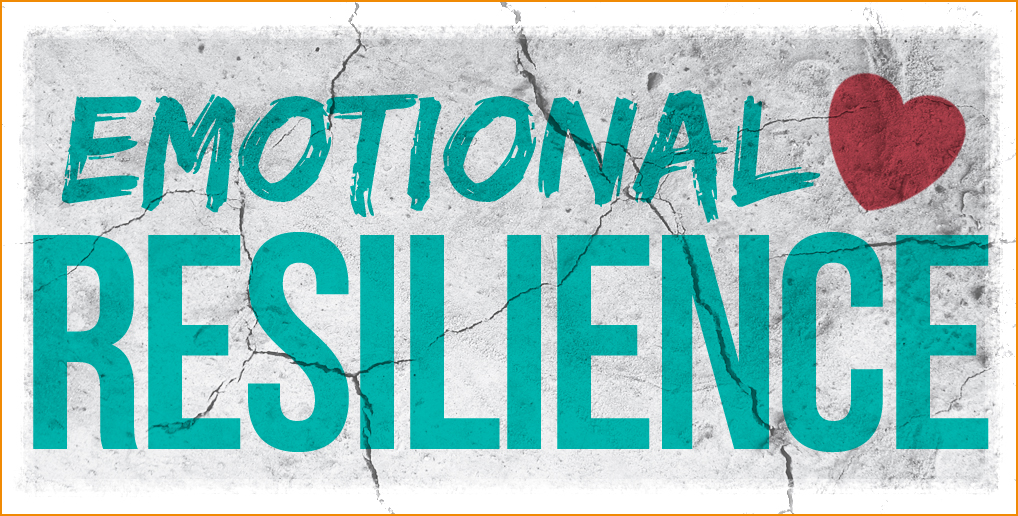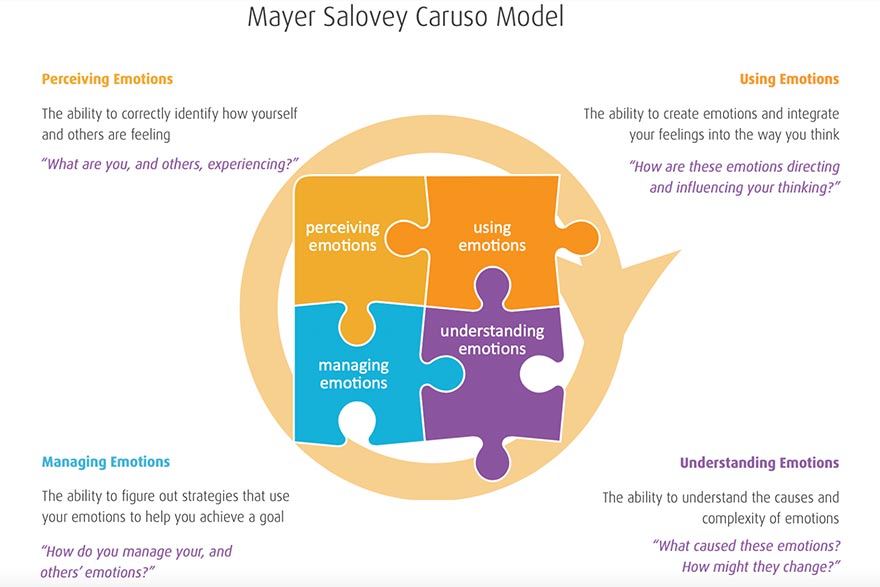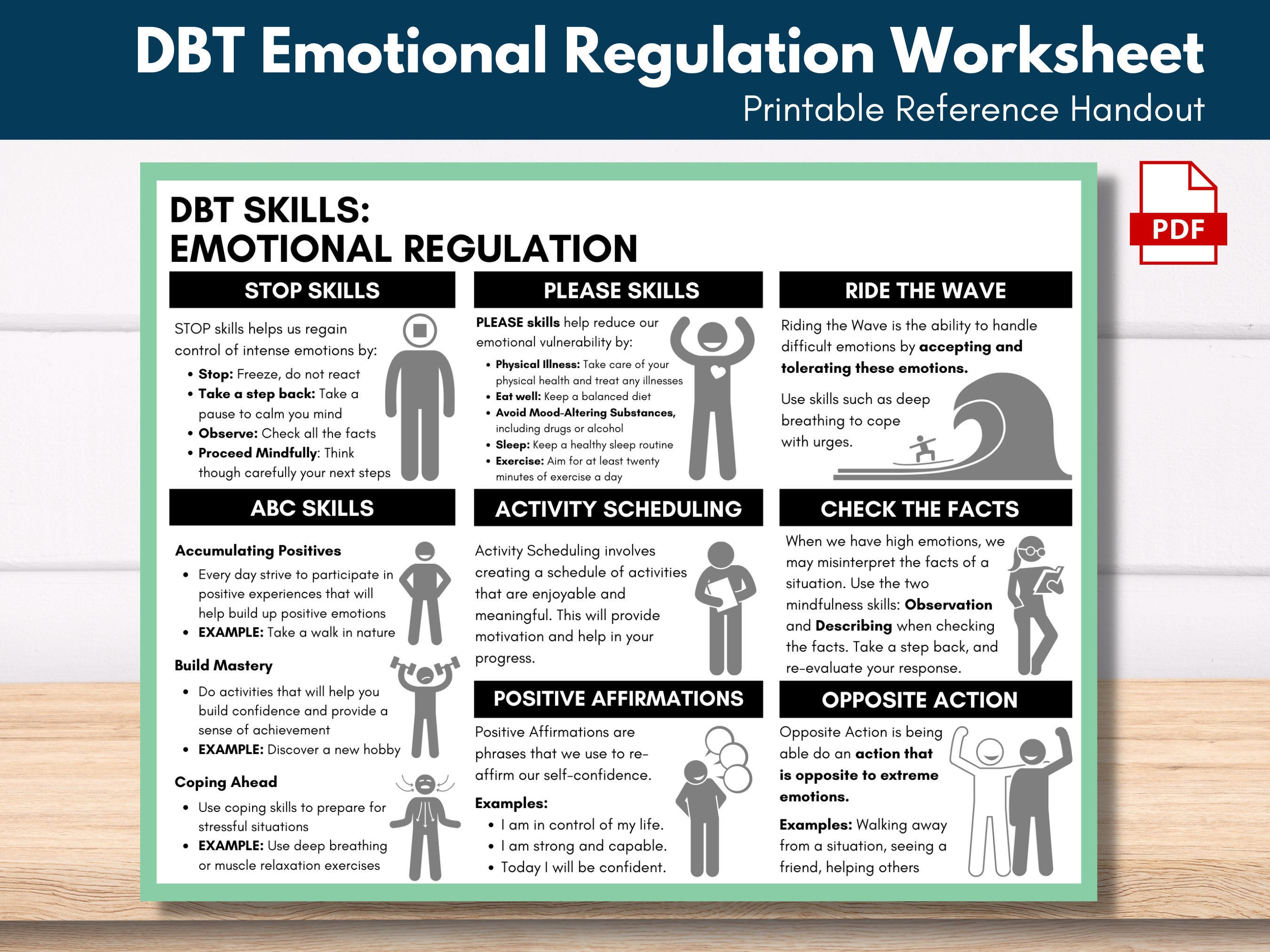Understanding Emotions: The Foundation of Emotion Management
Emotions play a crucial role in our daily lives, influencing our thoughts, behaviors, and interactions with others. Understanding emotions and their impact is the foundation of effective emotion management. Emotion regulation refers to the ability to manage and respond to emotions in a healthy and constructive manner. This skill is essential for personal and professional success, as it can improve well-being, build better relationships, and increase productivity.
Emotion regulation is the process of becoming aware of and responding to emotions in a way that aligns with personal goals and values. It involves recognizing and understanding emotions, as well as implementing strategies to manage and respond to them. Emotion regulation is a critical skill for managing stress, resolving conflicts, and maintaining positive relationships.
The importance of emotion regulation cannot be overstated. Research has shown that individuals who are skilled in emotion regulation experience greater well-being, lower levels of stress and anxiety, and better relationships. In contrast, individuals who struggle with emotion regulation may experience negative emotions more intensely and for longer periods of time, leading to decreased well-being and increased risk for mental health disorders.
In personal settings, emotion regulation can help individuals navigate difficult situations, such as conflicts with loved ones or the loss of a job. In professional settings, emotion regulation can improve communication, leadership, and teamwork skills. By managing emotions effectively, individuals can build stronger relationships, make better decisions, and achieve their goals.
In conclusion, understanding emotions and their impact is the foundation of effective emotion management. Emotion regulation is a crucial skill for personal and professional success, as it can improve well-being, build better relationships, and increase productivity. By recognizing and understanding emotions and implementing strategies to manage and respond to them, individuals can build emotional resilience and maintain long-term success.
Identifying Your Emotional Triggers: A Crucial Step in Emotion Management
Emotional triggers are situations, people, or things that evoke strong emotional responses. Identifying emotional triggers is a crucial step in managing emotions effectively. By recognizing triggers, individuals can anticipate and prepare for emotional reactions, reducing the likelihood of being overwhelmed by negative emotions.
Common emotional triggers include stress, conflict, disappointment, and trauma. These triggers can lead to strong emotional reactions, such as anger, sadness, or anxiety. By becoming aware of these triggers, individuals can implement strategies to manage their emotions and respond in a healthy and constructive manner.
Strategies for recognizing emotional triggers include keeping a mood journal, practicing mindfulness, and seeking feedback from others. A mood journal is a tool for tracking emotions and identifying patterns in emotional responses. By tracking emotions over time, individuals can identify triggers and develop strategies for managing them.
Mindfulness is the practice of being present and aware of the current moment. By practicing mindfulness, individuals can become more aware of their emotional states and the triggers that evoke them. Seeking feedback from others can also be helpful in identifying emotional triggers. By asking for feedback from trusted friends, family members, or colleagues, individuals can gain insight into how their behavior and emotions are perceived by others.
Once emotional triggers have been identified, individuals can implement strategies to manage their emotions. These strategies may include cognitive reappraisal, mindfulness, and acceptance. Cognitive reappraisal involves changing the way one thinks about a situation, reducing the emotional impact of the trigger. Mindfulness involves being present and aware of the current moment, reducing the likelihood of being overwhelmed by negative emotions. Acceptance involves acknowledging and accepting emotions, rather than trying to suppress or avoid them.
In conclusion, identifying emotional triggers is a crucial step in managing emotions effectively. By recognizing triggers, individuals can anticipate and prepare for emotional reactions, reducing the likelihood of being overwhelmed by negative emotions. Strategies for recognizing emotional triggers include keeping a mood journal, practicing mindfulness, and seeking feedback from others. By implementing strategies to manage emotions, individuals can build emotional resilience and maintain long-term success in emotion management.
Developing Emotional Awareness: The Key to Successful Emotion Management
Emotional awareness is the ability to recognize and understand one’s emotions. It is a critical component of emotion management, as it enables individuals to respond to their emotions in a healthy and constructive manner. Developing emotional awareness is essential for those seeking to master emotion regulation and improve their overall well-being.
Emotions are a natural and essential part of the human experience. They provide valuable information about our internal and external environments, helping us navigate the world around us. However, when emotions become overwhelming or difficult to manage, they can interfere with our ability to function effectively in personal and professional settings. This is where emotional awareness comes in.
Being aware of one’s emotions involves recognizing and acknowledging them as they arise. This can be challenging, as emotions can be complex and multifaceted. However, with practice, individuals can develop the ability to identify and understand their emotions, leading to improved emotion management.
Developing emotional awareness involves paying attention to physical sensations, thoughts, and behaviors associated with emotions. Physical sensations may include muscle tension, rapid heartbeat, or shallow breathing. Thoughts may include negative self-talk or catastrophizing. Behaviors may include avoidance, aggression, or withdrawal.
To develop emotional awareness, individuals can practice mindfulness, self-reflection, and self-compassion. Mindfulness involves being present and aware of the current moment, without judgment. Self-reflection involves examining one’s thoughts, feelings, and behaviors in a non-judgmental manner. Self-compassion involves treating oneself with kindness, understanding, and acceptance.
By developing emotional awareness, individuals can improve their ability to manage their emotions. Emotional awareness enables individuals to respond to their emotions in a healthy and constructive manner, rather than reacting impulsively or destructively. This can lead to improved relationships, increased productivity, and better overall well-being.
In conclusion, developing emotional awareness is a critical component of emotion management. By recognizing and understanding one’s emotions, individuals can respond to them in a healthy and constructive manner, leading to improved well-being and overall quality of life. Strategies for developing emotional awareness include practicing mindfulness, self-reflection, and self-compassion. By implementing these strategies, individuals can build emotional resilience and master the art of emotion regulation.

Implementing Emotion Regulation Strategies: Practical Techniques for Managing Emotions
Emotion regulation is the ability to manage and respond to emotions in a healthy and constructive manner. Developing effective emotion regulation skills is essential for improving mental health and overall well-being. Fortunately, there are numerous evidence-based strategies for managing emotions. In this article, we will explore several practical techniques for emotion regulation, including cognitive reappraisal, mindfulness, and acceptance.
Cognitive Reappraisal
Cognitive reappraisal is a technique for changing the way we think about and interpret emotional situations. By reframing our thoughts and perspectives, we can alter our emotional responses. For example, instead of interpreting a stressful situation as a threat, we can view it as a challenge or opportunity for growth. Research has shown that cognitive reappraisal can be an effective strategy for reducing negative emotions and improving emotional well-being.
Mindfulness
Mindfulness is the practice of being present and aware of the current moment, without judgment. By focusing on the present, we can reduce negative thinking and improve emotional regulation. Mindfulness techniques include meditation, deep breathing, and body scans. Research has shown that mindfulness can be an effective strategy for reducing stress, anxiety, and depression, and improving overall well-being.
Acceptance
Acceptance is the practice of acknowledging and allowing emotions to exist, without judgment or resistance. By accepting our emotions, we can reduce the negative impact they have on our lives. Acceptance techniques include self-compassion, self-care, and seeking social support. Research has shown that acceptance can be an effective strategy for reducing negative emotions and improving emotional well-being.
Implementing Emotion Regulation Strategies
Implementing emotion regulation strategies requires practice and patience. Here are some tips for incorporating these techniques into your daily life:
- Start small: Choose one strategy to focus on and practice it consistently before moving on to the next.
- Set reminders: Use alarms, post-it notes, or digital reminders to prompt yourself to practice emotion regulation techniques throughout the day.
- Track progress: Keep a journal or use a mobile app to track your progress and identify areas for improvement.
- Seek support: Share your goals and progress with a trusted friend or therapist, and seek their support and encouragement.
In conclusion, emotion regulation is a critical skill for managing emotions and improving mental health and well-being. By implementing evidence-based strategies such as cognitive reappraisal, mindfulness, and acceptance, individuals can develop effective emotion regulation skills and improve their overall quality of life. Remember, implementing these strategies requires practice and patience, so start small, track your progress, and seek support along the way.

Building Emotional Resilience: The Long-Term Benefits of Effective Emotion Management
Emotional resilience is the ability to bounce back from adversity, trauma, and stress. It is a critical component of mental health and well-being, and it is closely linked to effective emotion management. By learning how to manage your emotions, you can build emotional resilience and improve your ability to cope with life’s challenges.
Emotional resilience has numerous long-term benefits. Individuals who are emotionally resilient are better able to maintain their physical and mental health, build and maintain positive relationships, and achieve their goals. They are also more adaptable, flexible, and open to change. In contrast, individuals who lack emotional resilience may struggle with mental health issues, relationship problems, and decreased productivity.
Building emotional resilience is a process that requires time, effort, and practice. Here are some tips for cultivating emotional resilience through effective emotion management:
- Practice self-care: Engage in activities that promote physical and mental well-being, such as exercise, meditation, and healthy eating.
- Build positive relationships: Seek out supportive relationships with family, friends, and colleagues. Practice active listening, empathy, and compassion.
- Develop problem-solving skills: Learn how to identify problems, generate solutions, and take action to address challenges.
- Cultivate a growth mindset: Embrace challenges as opportunities for growth and learning. Focus on the process rather than the outcome.
- Seek professional help: If you are struggling with mental health issues, seek the help of a qualified mental health professional.
In conclusion, building emotional resilience is an essential component of effective emotion management. By learning how to manage your emotions, you can improve your ability to cope with life’s challenges, build positive relationships, and achieve your goals. Remember, building emotional resilience is a process that requires time, effort, and practice. Be patient, stay committed, and seek support when needed.

Overcoming Emotion Regulation Challenges: Navigating Obstacles and Setbacks
Effective emotion regulation is a crucial skill for managing your emotions and improving your overall well-being. However, it is not always an easy task. There are several common challenges and obstacles that individuals may face when trying to regulate their emotions. Here are some strategies for overcoming these challenges and maintaining progress in emotion management.
Negative Self-Talk
Negative self-talk is a common obstacle in emotion regulation. It involves negative thoughts and beliefs about oneself, which can lead to feelings of anxiety, depression, and low self-esteem. To overcome negative self-talk, it is essential to challenge these thoughts and replace them with more positive and realistic ones. This can be done through techniques such as cognitive reappraisal, which involves reinterpreting a situation in a more positive light, or mindfulness, which involves being present in the moment and observing thoughts without judgment.
Avoidance
Avoidance is another common challenge in emotion regulation. It involves avoiding situations, people, or activities that may trigger negative emotions. While avoidance may provide temporary relief, it can ultimately perpetuate negative emotions and prevent individuals from developing effective coping skills. To overcome avoidance, it is essential to gradually expose oneself to triggering situations and practice emotion regulation skills in these situations.
Rumination
Rumination is the tendency to dwell on negative emotions and their causes, which can lead to increased distress and difficulty regulating emotions. To overcome rumination, it is essential to practice mindfulness and focus on the present moment rather than dwelling on the past. Additionally, engaging in positive activities, such as exercise or socializing with friends, can help distract from negative thoughts and promote positive emotions.
Emotion Regulation Challenges in Relationships
Emotion regulation can be particularly challenging in relationships, where conflicting emotions and needs may arise. To overcome these challenges, it is essential to communicate openly and honestly with your partner, practice active listening, and seek to understand their perspective. Additionally, practicing self-compassion and taking time for self-care can help prevent emotional overwhelm and promote effective emotion regulation.
Maintaining Progress in Emotion Regulation
Effective emotion regulation requires ongoing practice and maintenance. Here are some tips for maintaining progress and preventing relapse:
- Track your progress: Keep a journal or use a mood tracker app to monitor your emotions and identify triggers.
- Stay motivated: Remind yourself of the benefits of effective emotion regulation, such as improved well-being, better relationships, and increased productivity.
- Practice regularly: Incorporate emotion regulation skills into your daily routine, such as mindfulness meditation or journaling.
- Seek support: Build a supportive network of friends, family, or a mental health professional who can provide encouragement and guidance.
In conclusion, overcoming emotion regulation challenges requires patience, practice, and persistence. By recognizing common obstacles and implementing effective strategies, individuals can develop the skills necessary for successful emotion management and improved well-being. Remember, emotion regulation is an ongoing process, and continued practice and growth are essential for long-term success.

Cultivating a Supportive Environment: The Role of Social Support in Emotion Management
Emotion management is a crucial skill for improving one’s overall well-being and quality of life. While developing effective emotion regulation strategies is essential, it is equally important to cultivate a supportive environment that promotes emotional wellness. Social support plays a significant role in emotion management, and building positive relationships, seeking professional help, and practicing self-compassion can all contribute to improved emotional regulation.
Building Positive Relationships
Positive relationships with friends, family, and colleagues can provide a sense of connection and belonging, which can help regulate emotions. Building positive relationships involves being open, authentic, and vulnerable with others, and seeking out supportive individuals who can provide encouragement and guidance. Practicing active listening, expressing gratitude, and engaging in shared activities can all help strengthen positive relationships and promote emotional well-being.
Seeking Professional Help
While social support from friends and family can be beneficial, seeking professional help from a mental health professional can provide additional support and guidance for managing emotions. Mental health professionals, such as therapists or counselors, can help individuals identify triggers, develop effective emotion regulation strategies, and address underlying mental health concerns that may be impacting emotional well-being. Seeking professional help can be particularly beneficial for individuals who are experiencing significant emotional distress or difficulty regulating emotions.
Practicing Self-Compassion
Self-compassion is the practice of being kind, understanding, and supportive towards oneself, especially during times of distress or hardship. Practicing self-compassion can help individuals manage emotions more effectively by reducing negative self-talk, promoting self-care, and increasing self-awareness. To practice self-compassion, individuals can try techniques such as self-kindness meditation, writing a compassionate letter to oneself, or engaging in self-care activities that promote relaxation and well-being.
Creating a Supportive Environment
Creating a supportive environment involves taking intentional steps to promote emotional well-being and reduce stress. This can include setting boundaries, practicing mindfulness, engaging in positive activities, and seeking out supportive resources. By creating a supportive environment, individuals can build resilience, improve their ability to manage emotions, and enhance their overall well-being.
In conclusion, cultivating a supportive environment is essential for effective emotion management. Building positive relationships, seeking professional help, and practicing self-compassion can all contribute to improved emotional regulation and overall well-being. By taking intentional steps to create a supportive environment, individuals can build resilience, manage their emotions more effectively, and enhance their quality of life.

Maintaining Emotion Regulation Skills: Long-Term Strategies for Success
Effective emotion regulation is a skill that requires ongoing practice and maintenance. Learning how to manage your emotions can lead to improved well-being, better relationships, and increased productivity. However, maintaining these skills over time can be challenging, and it is essential to employ long-term strategies for success.
Staying Motivated
Staying motivated is crucial for maintaining emotion regulation skills. One way to stay motivated is to set achievable goals and track progress over time. Celebrating small victories and acknowledging progress can help individuals stay motivated and committed to their emotional well-being. Additionally, seeking support from friends, family, or a mental health professional can provide encouragement and accountability.
Tracking Progress
Tracking progress is another essential strategy for maintaining emotion regulation skills. Keeping a journal or using a mood tracking app can help individuals identify patterns and triggers in their emotional responses. By tracking progress, individuals can gain insight into their emotional well-being and adjust their emotion regulation strategies accordingly.
Preventing Relapse
Preventing relapse is crucial for maintaining long-term success in emotion regulation. Identifying triggers and developing a plan for managing them can help prevent relapse. Additionally, practicing self-care and engaging in positive activities can help reduce stress and promote emotional well-being. Seeking support from a mental health professional can also help individuals develop a relapse prevention plan and maintain their progress over time.
Emphasizing the Ongoing Nature of Emotion Management
Emotion management is an ongoing process, and continued practice and growth are essential for long-term success. Emphasizing the ongoing nature of emotion management can help individuals stay committed to their emotional well-being and prevent complacency. By recognizing that emotion regulation is a lifelong process, individuals can develop a growth mindset and continue to improve their emotional well-being over time.
In conclusion, maintaining emotion regulation skills requires ongoing practice and long-term strategies for success. Staying motivated, tracking progress, preventing relapse, and emphasizing the ongoing nature of emotion management can all contribute to long-term success in managing your emotions. By prioritizing emotional well-being and continuing to practice and grow, individuals can improve their overall quality of life and build emotional resilience over time.

